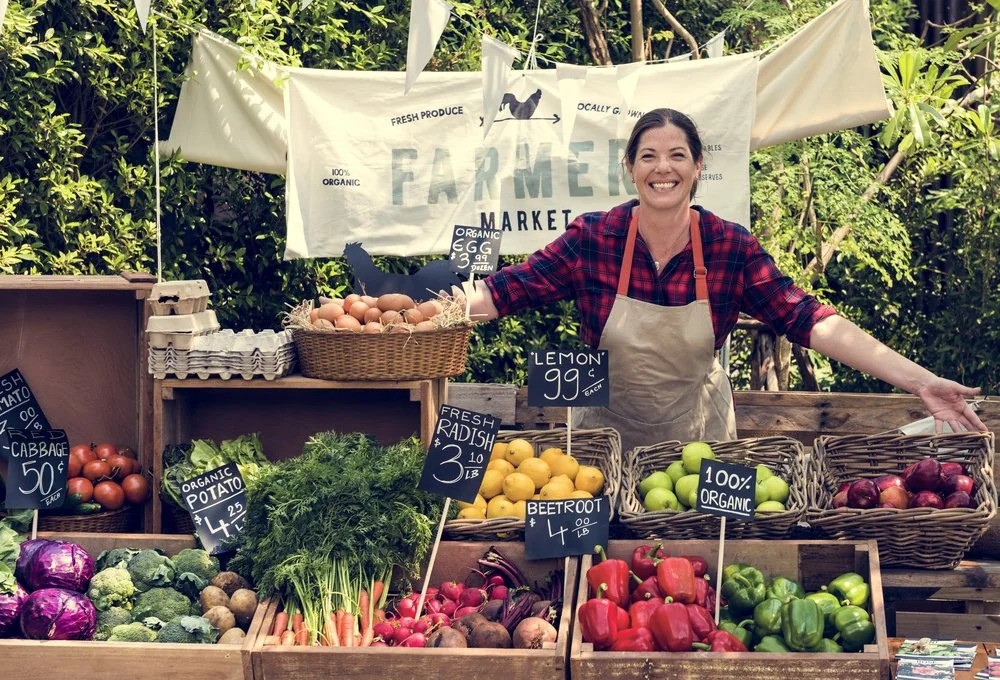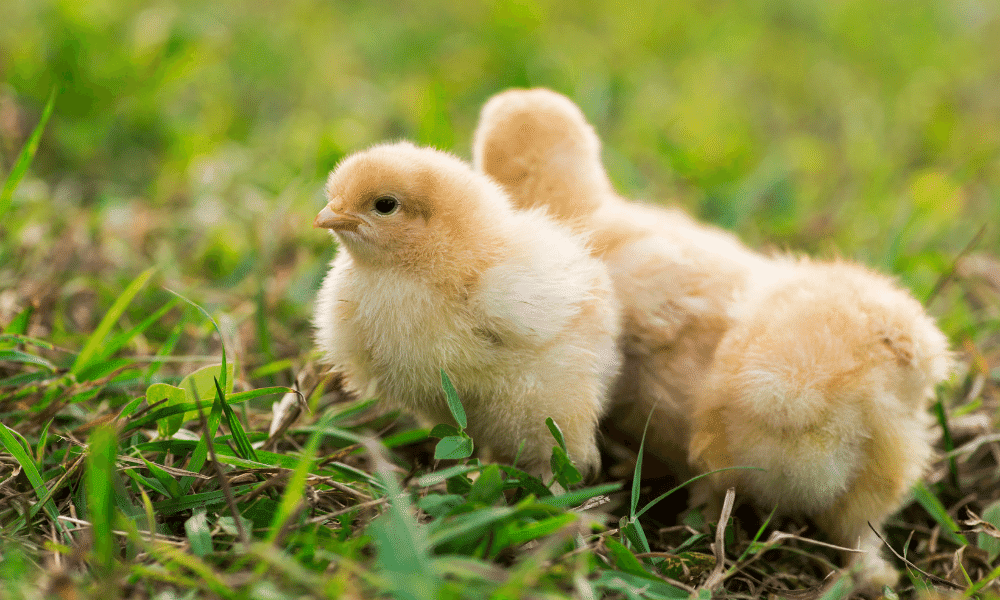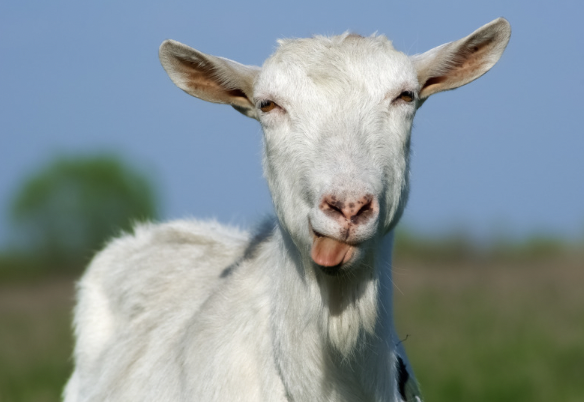Things People Wish They Knew Before Getting Goats
Owning goats can be a rewarding and enjoyable experience, but it's not without its challenges. Many people dive into goat ownership without fully understanding the responsibilities and considerations that come with it. Goats are unique animals with specific needs and quirks that can surprise even the most seasoned animal lovers. In this blog, we'll explore 17 things people often wish they knew before getting goats to help prospective goat owners make informed decisions and provide the best care for their new furry friends.
Goats are Social Creatures: Goats are highly social animals that thrive on companionship. It's crucial to keep them in pairs or small groups to prevent loneliness and boredom. A single goat can become depressed and stressed without a companion, which can lead to health issues and behavioral problems.
Fencing is Essential: Goats are notorious escape artists. They're agile climbers and can squeeze through surprisingly small gaps. Investing in secure fencing is a must to keep your goats safe and prevent them from wandering into your neighbor's garden.
The Hierarchy of Head Butting: One of the most surprising and misunderstood aspects of goat behavior is their strict social hierarchy, which they often express through head-butting. Whether you have a small herd or just a couple of goats, you'll quickly notice that they establish a pecking order within the group. Head butting is their way of determining dominance and maintaining order.
Proper Shelter: Goats need shelter from harsh weather conditions, including rain, wind, and extreme temperatures. Ensure they have access to a well-ventilated, dry, and secure shelter where they can find refuge when needed.
Veterinary Care is a Must: Like any other pet, goats require regular veterinary care. They are susceptible to various health issues, including parasites, respiratory diseases, and infections. Establish a relationship with a veterinarian experienced in treating goats and ensure they receive vaccinations and preventative care as needed.
Goats are Vegetarians: Goats are herbivores, which means they primarily eat plants and need a balanced diet to thrive. Understanding their nutritional needs and providing them with proper forage, hay, and occasional supplements is crucial. Consult with a veterinarian or experienced goat owner to create a suitable feeding plan.
Goats are Grazers: Goats are natural grazers and prefer browsing on shrubs, trees, and weeds. Providing them access to pasture or browse areas is essential for their mental and physical health. However, overgrazing can be a problem, so rotational grazing may be necessary.
Regurgitation and Cud-Chewing: Goats have a unique digestive system that involves regurgitating and chewing cud. This process is an integral part of their ability to extract maximum nutrition from the plants they consume. Understanding how goats digest their food can help you provide proper care and nutrition.
Goats are Curious and Destructive: Goats are naturally curious creatures and can be quite destructive if left unsupervised. They might nibble on garden plants, knock over objects, or even escape if given the opportunity. Goat-proofing your property and providing them with plenty of toys and stimulation can help alleviate these issues.
They are NOT Lawnmowers: While goats enjoy browsing, they won't necessarily keep your lawn perfectly manicured. They can be selective about what they eat, and they may prefer your garden plants over the grass. Be prepared for some landscaping challenges.
Expect Some Noise: Goats are vocal animals and can be quite noisy. They can bleat loudly, especially when they're hungry, lonely, or in heat. If you have close neighbors, this can be a consideration.
Goat Behavior Varies By Breed: Different goat breeds have distinct personalities and characteristics. Research and choose a breed that matches your lifestyle and preferences. Some breeds are known for their milk production, while others are better for meat or as pets.
Polled Goats and the Horn Dilemma: Not all goats are born with horns. Some goats are naturally polled, meaning they lack horns altogether. This genetic variation can be a significant factor when choosing your goats. Horns can be both an advantage and a liability. Horned goats can use them for defense or to scratch themselves, but they can also get stuck in fences or injure other goats. Polled goats are generally easier to handle and pose fewer risks. If you opt for horned goats, you'll need to be vigilant about their safety. Regular horn trimming is essential to prevent accidents, and you may need to separate horned and polled goats to avoid conflicts.
Hoof Care is Essential: Goats have hooves that grow continuously, and proper hoof care is crucial to prevent discomfort and lameness. Learning how to trim goat hooves or having a professional do it regularly is essential for their well-being.
Milking is a Commitment: If you plan to keep dairy goats, be prepared for the daily commitment of milking. Milking can be a time-consuming task and requires consistency. You'll need to learn proper milking techniques and invest in equipment like a milking stand and buckets.
Legal Regulations and Zoning: Before getting goats, research local regulations and zoning laws regarding livestock ownership. Some areas have restrictions on the number of goats you can keep or their proximity to residential areas. Ensuring you comply with these regulations will save you potential legal troubles.
Be Prepared for Long-Term Commitment: Goats can live up to 15 years or more, so be prepared for a long-term commitment. They require daily care, and their needs change as they age. Consider the long-term financial and time commitment before getting goats.
Owning goats can be a delightful and fulfilling experience, but it's essential to be well-prepared for the challenges and responsibilities that come with it. By understanding the unique needs and characteristics of goats and taking the time to plan and educate yourself, you can provide a happy and healthy life for your new goat companions. Remember that goat ownership is a long-term commitment, and with the right knowledge and care, it can be a rewarding journey.
If you’re looking to expand your goat herd, sign up for the Roobeez FREE online marketplace where you can buy and sell livestock, poultry farm goods + more!
Marketplace
You might also be interested in...

Shop for chickens, livestock or other farm goods

About Farm Expo Events

Sell Your Chicks and Eggs
The fun doesn’t have to end here.
Become a free Roobeez member for unlimited access to these features + more!
The Learning Library 📚
Get your hands on informational guides and expert advice on topics like livestock, homesteading, farming, small business, and more.
The Online Marketplace 🛒
Shop directly from your local small farms and artisans. As a seller, enjoy free advertisement and a dedicated storefront.
Exclusive Events 🎟️
Find local farm & homestead-related events. Experience the joy of local community connection!
You might also be interested in…















Discover farmers markets near you with Roobeez! Explore local events, find seasonal and weekly markets, and shop fresh produce and handmade goods on our marketplace. Contribute to our growing directory by adding your favorite markets and community events. Supporting local has never been easier!